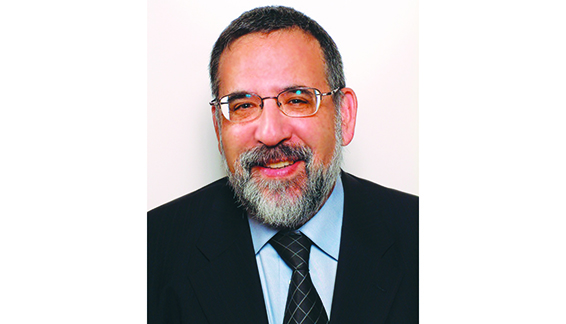The Current Climate in Israel and Creditors’ Rights
Debt collection in Israel, as the country is fast developing high-tech power, is consequently an increasing interest to many foreign companies involved in commercial law and transactions in Israel.
We speak with Isaac Eilat who summarises creditors’ rights, how lawsuits during debt proceedings are handled and his stance with the Palestinian Authority.
What is the general climate regarding creditors’ rights?
The Euler Hermes study comparing complexity of collection in 50 countries places Israel in the middle[1]. The Government’s aim is to balance creditors’ rights by furnishing efficient collection tools and procedures against solvent debtors, while enabling proven insolvent debtors to reach court sanctioned payment plans.
From our experience pre- court efforts produce roughly 20% of the debt amounts. The tools of collection from solvent debtors given by the courts are numerous and, depending on each case, relatively easy to obtain. These include: interim and final garnishments of property, freezing of bank accounts, seizures of chattels and real-estate, prohibition to leave the country, and others. As a general rule, the courts can’t be divided into “pro-debtors” or “pro- creditors” and tend to rule on the facts of each case. Ex-Parte judgments are given almost automatically in cases of no appearance or no defence by the debtor.
What should be the first course of action for a company who is awaiting overdue payment? When should lawsuits be filed?
Our recommendation is not to wait too long before commencing legal proceedings thus allowing the debtors’ financial situation to worsen. Depending on claim size, a credit report and asset search should be ordered. Its findings would serve as a basis for the interim garnishment of the debtor’s property (until judgment is given) and also as a surety for the enforcement of the judgment after it has been handed.
Is there a way for disputes to be handled after a lawsuit has been filed?
Yes, the courts themselves initiate alternative proceedings such as referring the lawsuit to an arbitrator or mediator. In some cases, this preliminary procedure is mandatory, but the parties are not obliged to accept decisions by such mediators and can decide to return to the court for normal judicial proceedings. Often a good policy would be to agree to an arrangement but in return, raise the chances of collection by getting a third party guarantee.
It would interest our readers to know what is the situation regarding the Palestinian Authority?
The Palestinian Authority is outside the borders of Israel and is subject to the stipulations of the Oslo Accord. In fact, there is quite a large volume of commercial activity between the two sides. Our firm regularly takes on claims against Palestinian debtors and simultaneously represents Palestinian companies worldwide.
Iscaac Eiliat
Attorney
Our Law Firm was established in 1985 with the sole purpose of offering creditors worldwide efficient and fast solutions to their outstanding debts regardless of the debtors’ location on the globe. These services include: Collection, Cross- Border Litigation and Enforcement of Foreign Judgments. We specialize therefore in the combination of Private International Law and Creditors’ rights.
We are the leading international debt collection law firm in Israel , but operate through our network of experienced debt recovery law firms and collection agencies in over 120 countries servicing creditors in all countries.
We cater among others, the following sectors: Government, municipalities, Insurance, banking, Export Credit, transportation, Academic, Health organizations, industrial and High Tech companies.
Outside litigation matters we work on the basis of “No collection- no fee” This approach makes us practically our clients’ partners having a joint interest-fast collection.
Our firm is known for upholding Animal Rights. We participate in the activities of Animal rights organisations and extend voluntary pro-bono services to them.
[1] https://www.eulerhermes.com/content/dam/onemarketing/euh/eulerhermes_com/erd/insightsimport/pdf/debt-collection-report-feb2018.pdf




